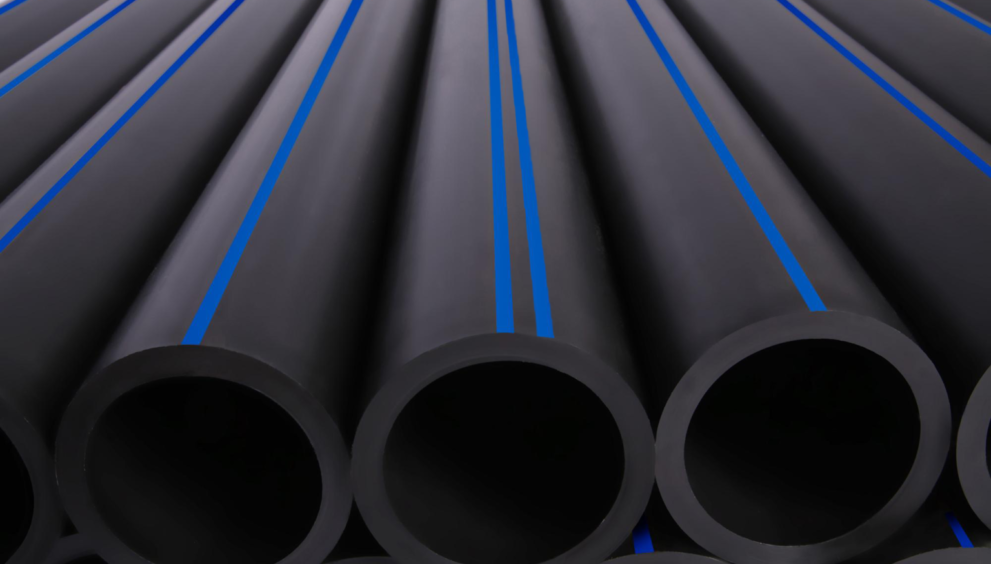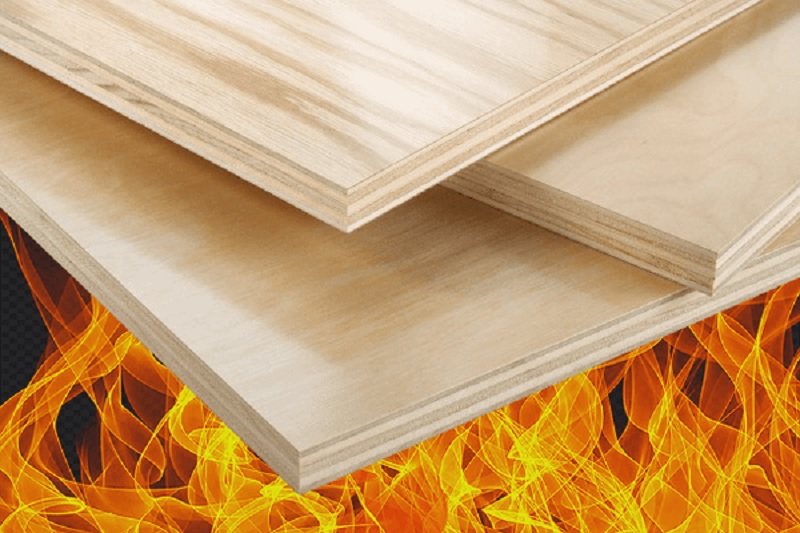Exploring HDPE Pipes: Key Features and Advantages

In the realm of modern engineering, HDPE pipes have emerged as a vital solution for a wide range of applications. These High-Density Polyethylene pipes offer a host of key features and advantages that set them apart from traditional piping materials. As the demand for efficient and durable piping systems grows, understanding the characteristics that make HDPE pipes a superior choice becomes essential.
Versatility in Application
One of the standout features of HDPE pipes is their remarkable versatility. These pipes find applications across diverse sectors, from municipal water supply and agricultural irrigation to industrial processes and wastewater management. HDPE pipes are known for their ability to handle a variety of substances, including chemicals, sewage, and even abrasive materials. This adaptability is a testament to the resilience and durability that HDPE pipe manufacturers embed into their products.
Exceptional Durability
When it comes to longevity, HDPE pipes take the spotlight. HDPE pipe manufacturers engineer these pipes with a focus on durability, ensuring they can withstand the harshest of conditions. The inherent resistance of HDPE to corrosion, abrasion, and chemicals contributes to their extended service life. This means that once installed, HDPE pipes require minimal maintenance, translating to cost savings and reduced downtime for various applications.
Lightweight and Easy Installation
HDPE pipes possess a notable advantage in terms of weight and ease of installation. Compared to traditional materials like metal or concrete, HDPE pipes are significantly lighter. This characteristic simplifies the transportation and handling of the pipes, making installation a more straightforward and efficient process. The lightweight nature of HDPE pipes also reduces the need for heavy machinery during installation, further contributing to cost savings.
Flexibility and Impact Resistance
HDPE pipes exhibit remarkable flexibility, allowing them to adapt to the natural contours of the terrain. This flexibility is particularly valuable in projects that involve challenging landscapes or require pipelines to navigate around obstacles. HDPE pipes can bend and flex without compromising their structural integrity, minimizing the risk of leaks or ruptures. Moreover, their inherent impact resistance ensures that they can withstand external forces, such as ground movement or vibrations.
Leak-Free Joints
The fusion welding technique used to join HDPE pipes eliminates the need for traditional jointing methods that can be prone to leaks. HDPE pipe manufacturers employ advanced fusion welding processes that create seamless, leak-free joints along the length of the pipeline. This not only enhances the overall integrity of the system but also reduces the potential for water loss and environmental contamination. Leak-free joints contribute to water conservation efforts and ensure the efficient conveyance of fluids.
Environmental Sustainability
In an era marked by growing environmental concerns, HDPE pipes shine as a sustainable choice. The manufacturing process of HDPE pipes consumes less energy compared to other piping materials, reducing the carbon footprint. Additionally, the recyclable nature of HDPE contributes to the reduction of plastic waste. Once their service life ends, HDPE pipes can be recycled and repurposed for other applications, minimizing their impact on landfills.
Resistance to Chemicals
In various industrial settings, the resistance of HDPE pipes to chemicals is a critical advantage. These pipes can transport a wide range of substances, including corrosive chemicals, without undergoing degradation. The resistance to chemical attack ensures that HDPE pipes maintain their structural integrity and continue to perform reliably over time. This feature is particularly valuable in industries such as chemical processing, where the integrity of the pipeline is paramount.
Cost-Effective Solution
HDPE pipes offer a compelling cost-effective solution over their lifecycle. Their durability and resistance to corrosion reduce maintenance and replacement costs. The ease of installation and lightweight nature of HDPE pipes also contribute to lower installation expenses. When considering the long-term benefits of reduced maintenance and extended service life, HDPE pipes present a favorable economic proposition for various projects.
Conclusion
Exploring the world of HDPE pipes unveils a landscape of remarkable features and advantages that make them a preferred choice across industries. The ingenuity of HDPE pipe manufacturers in engineering pipes that combine durability, flexibility, and resistance to various challenges has transformed the piping landscape. From leak-free joints to environmental sustainability, HDPE pipes have proven their mettle in diverse applications.
As the demand for efficient and reliable piping solutions continues to grow, HDPE pipes stand as a testament to human innovation. Their ability to adapt to changing needs, withstand harsh conditions, and contribute to sustainability underscores the crucial role they play in modern engineering. With each installation, HDPE pipes reaffirm their status as a dependable, versatile, and cost-effective solution that empowers industries and communities alike.

 English
English 



